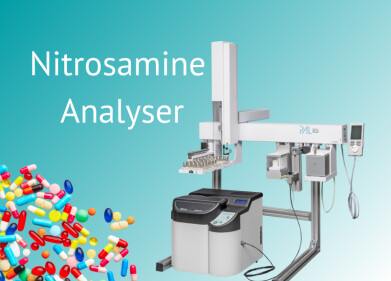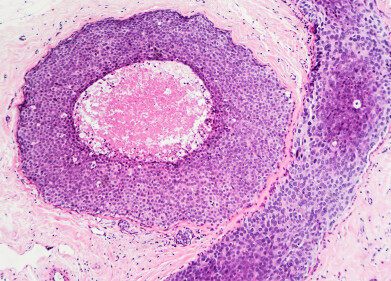Laboratory Products
What Do We Know About Remdesivir?
May 10 2020
As scientists race to find a vaccine for COVID-19, a new contender has emerged on the scene. Developed by American-owned biopharmaceutical company Gilead Sciences and singled out by the World Health Organisation (WHO), remdesivir is an antiviral medication with huge potential. The nucleoside analogue prodrug is shown to disable the mechanism that allows coronaviruses to replicate in humans and animals, including the novel COVID-19 strain.
"It basically mimics the building blocks of the genetic material of a virus," says Professor Sharon Lewin, an infectious disease expert at the Peter Doherty Institute for Infection and Immunity in Australia. "When the virus is trying to copy itself, it incorporates the drug instead of the correct building block, and that stops the virus in its tracks, essentially."
Trials suggest the broad-spectrum drug, which was originally developed to treat Ebola symptoms, significantly reduces the recovery period for COVID-19 patients and minimises fatalities. In an international trial involving more than 1000 patients, remdesivir was shows to cut the length of COVID-19 infections from 15 to 11 days. As well as shortening the length of infection, the results suggest 8% of remdesivir patients die, compared to 11.6% of patients given a placebo.
Supply issues could hinder remdesivir rollout
While remdesivir is authorised by the FDA for emergency use in the United States, British healthcare policymakers say it won’t be available in the United Kingdom any time soon due to supply issues. Mahesh Parmar, a Professor of Medical Statistics and Epidemiology at the MRC Clinical Trials Unit at the University College London, explains “It is very difficult to obtain the drug.” He says while “the trial did give us access to remdesivir” securing large amounts of the treatment “is going to be a real problem.”
Parmar also warns that while the results are promising, experts are being careful not to “overplay what we know to date.” He adds, “the full data from the trial is still to be released and the process of obtaining a licence needs to begin.” There are indicators remdesivir could trigger concerning side-effects, including issues related to the kidneys and liver. Other health experts muse that while remdesivir could be an effective treatment for some patients, it may not be suitable for others.
“It is not a panacea. We have to learn how to give it, when to give it and who will benefit most,” stresses Brian Angus, an Associate Professor and Reader in Infectious Diseases at the University of Oxford.
Gilead pledges several million treatment courses by 2021
Gilead Sciences has other ideas, with a statement released by the company asserting “Should remdesivir be proven to be a safe and effective medicine for treating Covid-19, we are committed to making remdesivir both accessible and affordable to governments and patients around the world.” The company adds it has “proactively scaled up manufacturing of remdesivir to increase available supply as rapidly as possible in anticipation of potential future needs.” If required, the company predicts it could manufacture several million treatment courses by 2021.
From nucleoside analogue prodrugs such as remdesivir, to natural remedies like cannabis, science plays a pivotal role in advancing public health treatments. To find out more about how laboratories are utilising the state-of-the-art Fritsch PULVERISETTE 19 Universal Cutting Mill to harness the therapeutic properties of marijuana, don’t miss ‘Sample Preparation of Cannabis Plants for Efficient Extraction.
Digital Edition
Lab Asia 31.6 Dec 2024
December 2024
Chromatography Articles - Sustainable chromatography: Embracing software for greener methods Mass Spectrometry & Spectroscopy Articles - Solving industry challenges for phosphorus containi...
View all digital editions
Events
Nov 27 2024 Istanbul, Turkey
Jan 22 2025 Tokyo, Japan
Jan 22 2025 Birmingham, UK
Jan 25 2025 San Diego, CA, USA
Jan 27 2025 Dubai, UAE

.jpg)

















